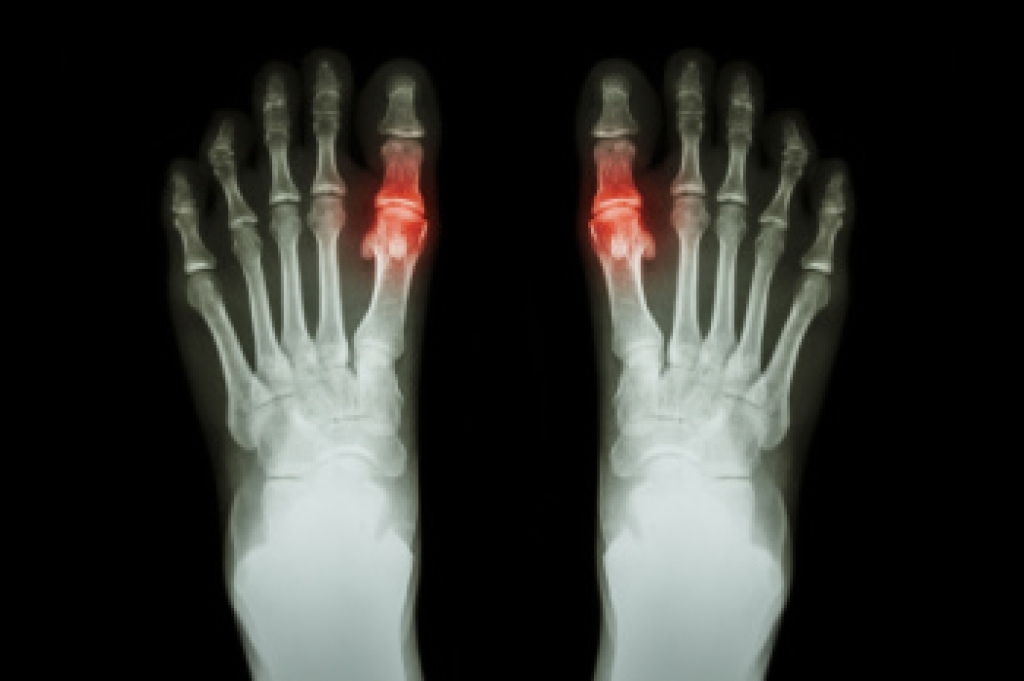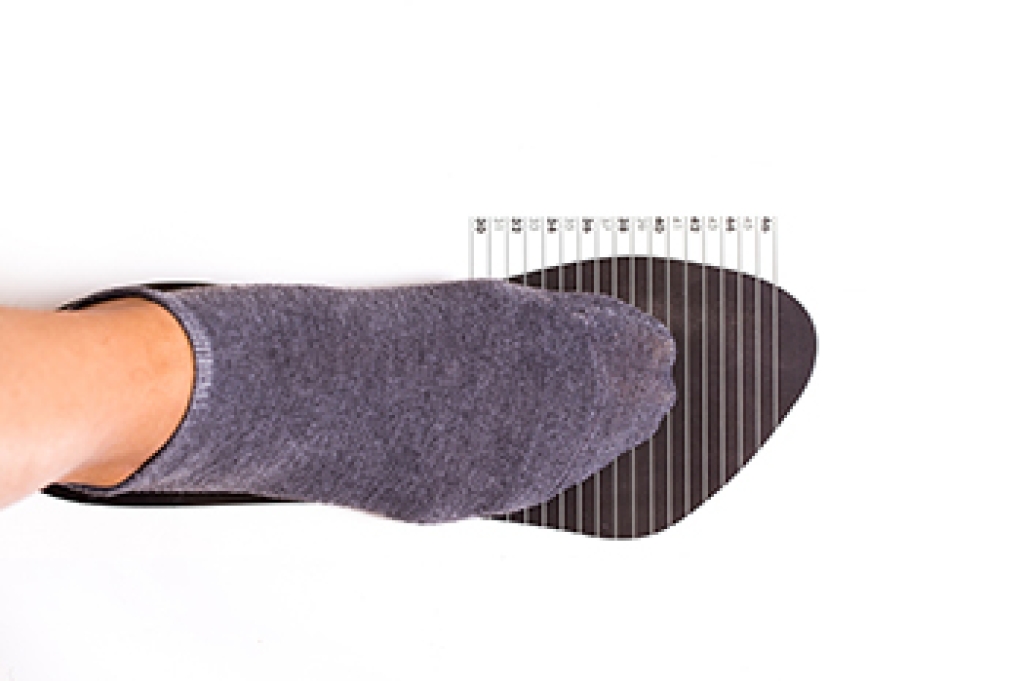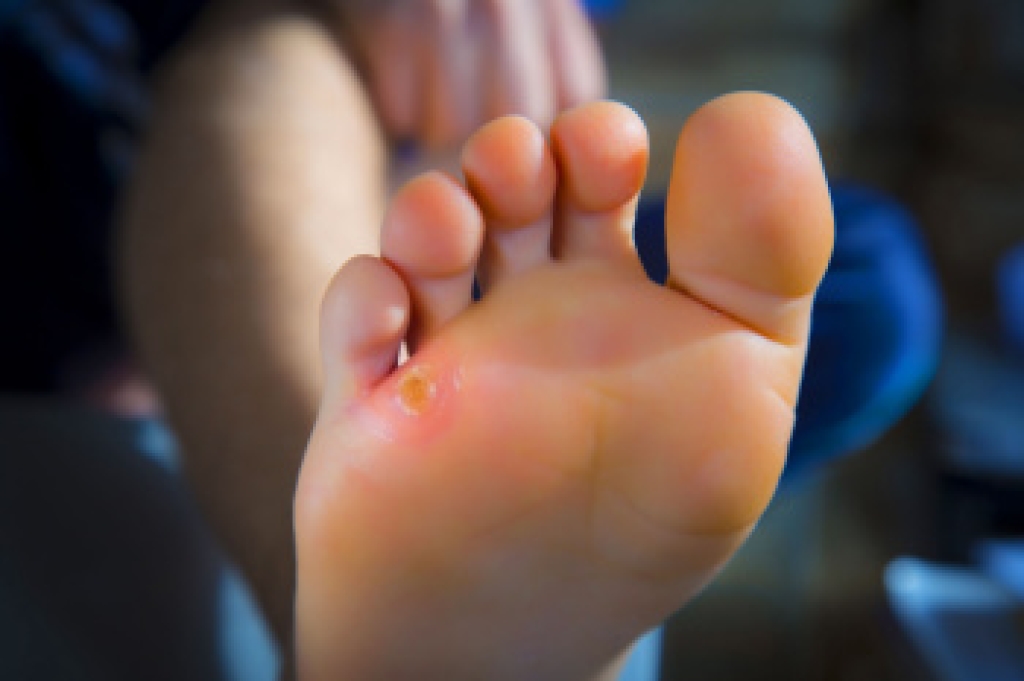
Gout is an inflammatory arthritis caused by the buildup of uric acid crystals within the joints, leading to intense inflammation and discomfort. Symptoms often appear suddenly, and may include swelling, redness, warmth, and severe pain that frequently affects the big toe, but can involve other joints of the foot and ankle. These attacks may occur without warning and can limit walking and daily activity. Causes include elevated uric acid levels in the blood, which may be influenced by diet, genetics, and certain medical conditions. Risk factors include obesity, family history, medications, and metabolic disorders. A podiatrist can diagnose gout through a clinical evaluation, manage painful flare-ups, and develop a treatment plan to protect joint health. If you have symptoms of gout, it is strongly suggested that you are under the care of a podiatrist who can offer you effective relief and management techniques.
Gout is a painful condition that can be treated. If you are seeking treatment, contact Theresa Brown, DPM from Essie M.B. Smith Foot Clinic. Our doctor will treat your foot and ankle needs.
What Is Gout?
Gout is a form of arthritis that is characterized by sudden, severe attacks of pain, redness, and tenderness in the joints. The condition usually affects the joint at the base of the big toe. A gout attack can occur at any random time, such as the middle of the night while you are asleep.
Symptoms
- Intense Joint Pain - Usually around the large joint of your big toe, and it most severe within the first four to twelve hours
- Lingering Discomfort - Joint discomfort may last from a few days to a few weeks
- Inflammation and Redness -Affected joints may become swollen, tender, warm and red
- Limited Range of Motion - May experience a decrease in joint mobility
Risk Factors
- Genetics - If family members have gout, you’re more likely to have it
- Medications - Diuretic medications can raise uric acid levels
- Gender/Age - Gout is more common in men until the age of 60. It is believed that estrogen protects women until that point
- Diet - Eating red meat and shellfish increases your risk
- Alcohol - Having more than two alcoholic drinks per day increases your risk
- Obesity - Obese people are at a higher risk for gout
Prior to visiting your podiatrist to receive treatment for gout, there are a few things you should do beforehand. If you have gout you should write down your symptoms--including when they started and how often you experience them, important medical information you may have, and any questions you may have. Writing down these three things will help your podiatrist in assessing your specific situation so that he or she may provide the best route of treatment for you.
If you have any questions, please feel free to contact our office located in Montgomery, AL . We offer the newest diagnostic and treatment technologies for all your foot care needs.







